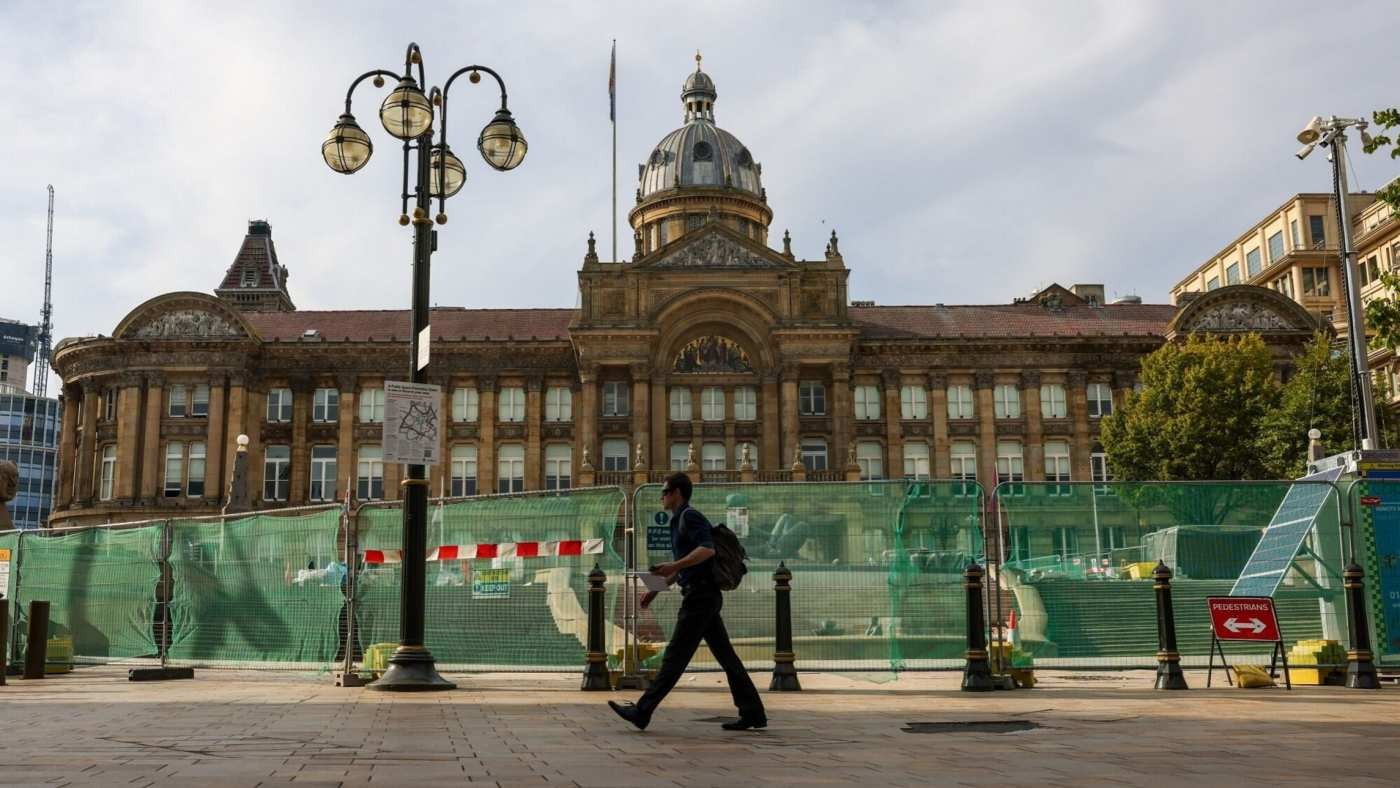GMB predicts total bill from discrimination against women could run into billions of pounds
Dozens of local authorities in the UK could be hit by equal pay claims after failing to end discriminatory practices against women, according to the GMB union, which on Wednesday launched a campaign on behalf of up to 1,000 female care workers in Sunderland.
The growing number of equal pay claims against councils comes as some warn of dire financial circumstances because of soaring demand for their services, rising costs and funding shortfalls.
Last week Birmingham city council, the largest unitary local authority in the UK in terms of the number of people it serves and services it provides, issued a so-called section 114 notice declaring itself in effect insolvent — in large part because of an equal pay claim that is estimated to have left it with a bill of up to £750mn.
The GMB was involved in the pay claim against Birmingham, and Rhea Wolfson, head of the internal and industrial relations at the union, said: “If any local authorities are taking comfort in Birmingham being the exception — it is exceptionally bad, but we are finding this everywhere and you will see more of these campaigns and claims launching.”
She said “dozens” of councils would be affected, adding that total equal pay claims against local authorities across the UK may run to “many billions” of pounds.
Wolfson said many local authorities wrongly believed that they had taken the necessary steps to equalise pay between men and women following a 1997 agreement thrashed out between unions and councils.
The agreement obliged councils to review pay and introduce common conditions across comparable male and female roles.
“Everyone thought they had done it . . . But if you take your eye off the ball discriminatory practices creep back in,” said Wolfson, adding that many traditionally female roles including in care work and teaching assistance had changed markedly over time, but often pay and conditions had not kept up.
The Sunderland case revolves around an arms-length organisation set up and owned by the council to provide social care.
The GMB said the body’s mostly female workers were graded and paid less than men in equivalent roles employed by the council.
Sunderland council confirmed that the GMB had contacted it with concerns about terms and conditions for staff working for the arms length organisation, called Sunderland Care and Support.
“While we have yet to see full and further details on those concerns, we are very happy to sit down and talk through these matters and seek a resolution,” it added.
Coventry council is among several other local authorities that is in the GMB’s firing line.
This is in part because of a practice known as “task and finish”. Applied to Coventry’s refuse collectors, who are mostly men, it means they can claim a full day’s wages even if they complete their work early. Women in equivalent roles do not enjoy that advantage.
Asked about the GMB dispute, Coventry council said: “Coventry city council has around 175 potential equal pay claims from the GMB.”
It added the claims cited working practices, and were subject to a tribunal process.
The Local Government Association warned in July that English and Welsh councils faced a collective budget shortfall this financial year of up to £3bn.
That sum could be more than doubled by a fresh wave of equal pay claims, according to Stefan Cross, a solicitor and founder of Action for Equality, who played an early role in tackling the discrimination found in Birmingham.
“What you potentially have is lots of £20mn to £50mn claims,” he said, adding it was enough to jeopardise the ability of some councils to meet their legal obligation to balance the books.



